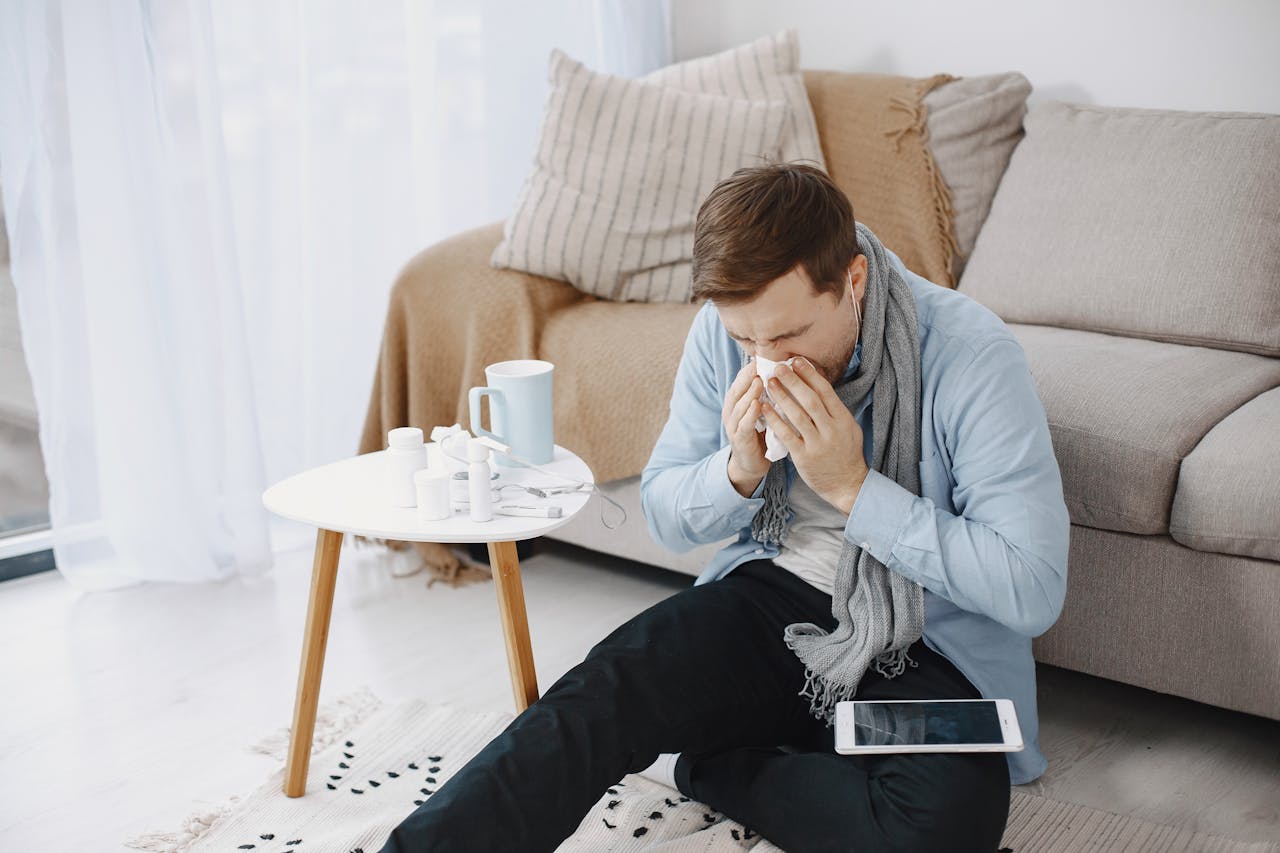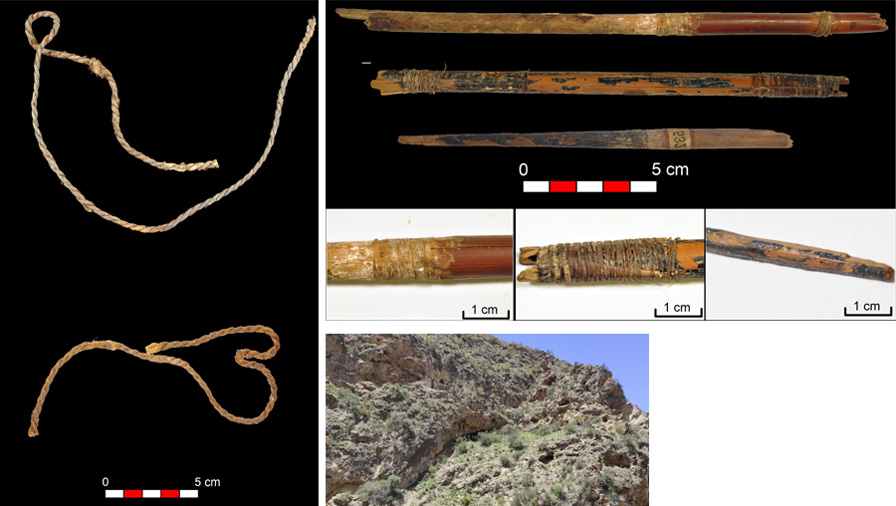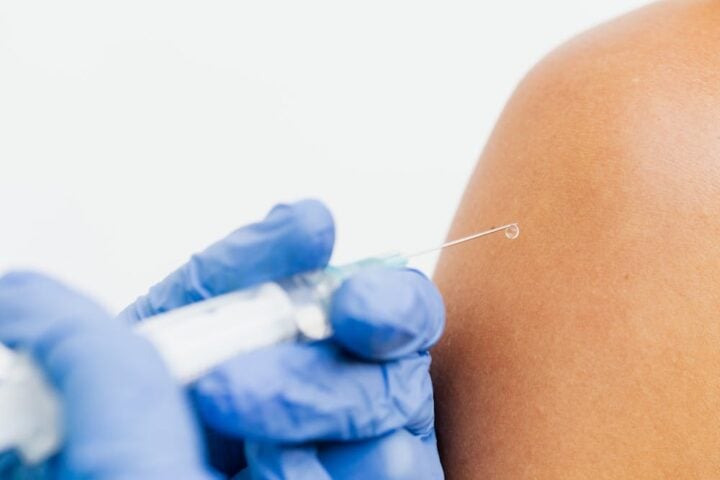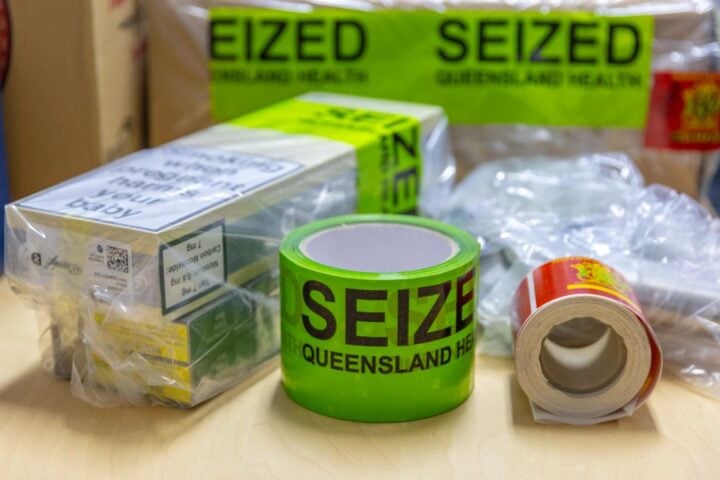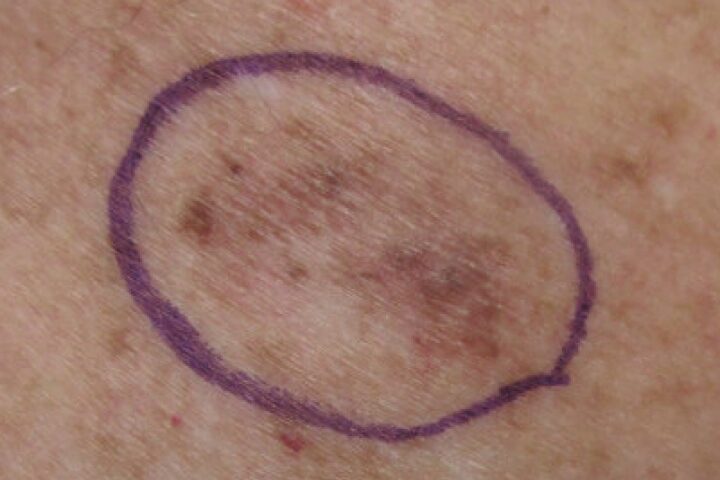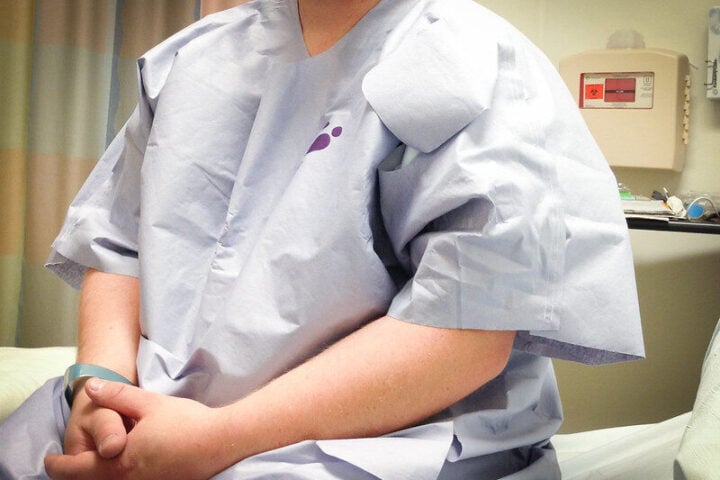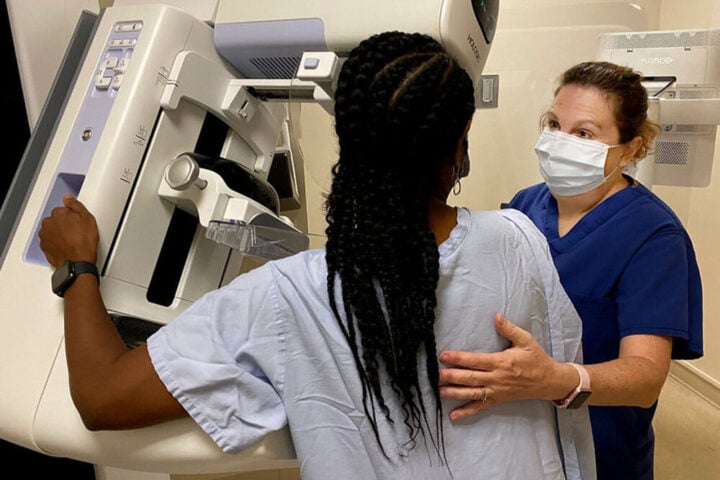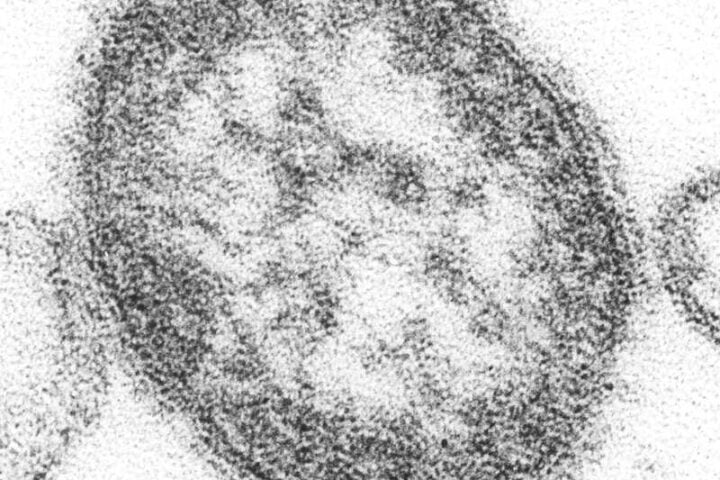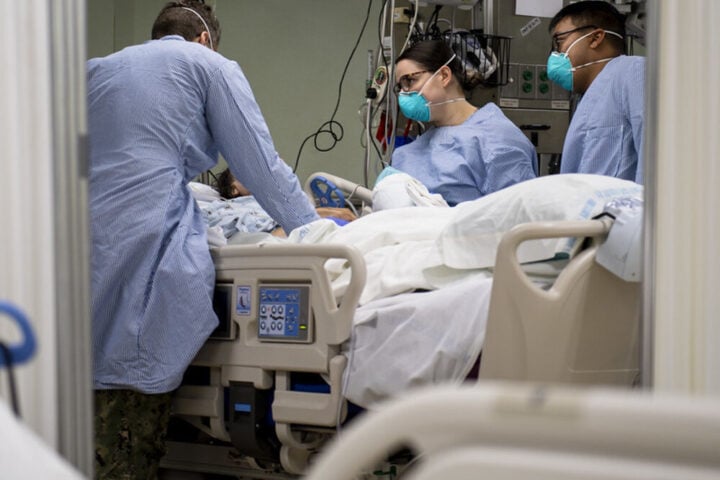The convergence of respiratory illnesses – COVID-19, influenza, RSV, and the common cold – has created complex challenges for public health systems this winter season. Missouri health officials report a concerning seven-fold increase in whooping cough cases, while flu cases remain relatively low as of December 7, 2024.
“There are concerning overlapping dangers of the risk of flu with our high burden of chronic disease in Missouri,” states Dr. Heidi Miller, chief medical officer with the Missouri Department of Health and Senior Services. “Heart disease remains the number one cause of death among Missourians, and 9 of 10 adults hospitalized for flu have preexisting heart disease or other chronic conditions. The risk of heart attack is 6-fold higher during the one week after influenza is diagnosed.”
Current Disease Landscape
Missouri’s influenza surveillance data shows over 3,000 cases from October 5 through December 7. Boone County reported 190 cases, while Greene County documented over 80 cases since the start of the 2024-25 season. These numbers contrast with previous seasons – the flu season peaked in late February with roughly 9,600 cases in one week for the 2023-24 season, while 2022-23 saw approximately 18,300 cases in late December.
Diagnostic Challenges
Medical professionals face increasing complexity in differentiating between these respiratory infections:
COVID-19 presents with fever, cough, fatigue, headache, nausea, sore throat, runny nose, and potential loss of taste or smell. Symptoms may appear up to 14 days after exposure.
Influenza symptoms emerge within 1-4 days, featuring fever, sore throat, runny nose, fatigue, body aches, cough, and headaches.
RSV primarily affects infants and older adults, causing runny nose, congestion, decreased appetite, coughing, sneezing, fever, and wheezing.
Prevention Strategy Updates
The CDC maintains its vaccination recommendations for flu, COVID-19, and RSV. RSV vaccines are now available for:
- Adults aged 75 and older
- Adults 60-74 at increased risk
- Pregnant women between 32-36 weeks from September through January
- Infants under 8 months
- High-risk children aged 8-19 months
However, pharmacists cannot provide RSV vaccines without a healthcare provider’s prescription.
Cost Considerations
Flu vaccinations may be free or low-cost with most insurance plans.
More Stories
Expert Analysis
The current public health landscape presents several concerns. The seven-fold increase in whooping cough cases correlates with decreased TDAP vaccination rates. Additionally, COVID-19 is most infectious within the first eight days of having the illness, with potential transmission up to three days before symptom onset.
Data-Driven Insights
Some COVID-19 patients experience altered taste or smell sensations, which can persist for months. The influenza virus, while typically resolving within seven days, poses severe risks to those with chronic conditions.
Healthcare Access
Local pharmacies, doctor’s offices, and health departments offer vaccination services through appointments or walk-in visits. Public health officials stress the importance of early vaccination, particularly before peak flu season between December and February.
